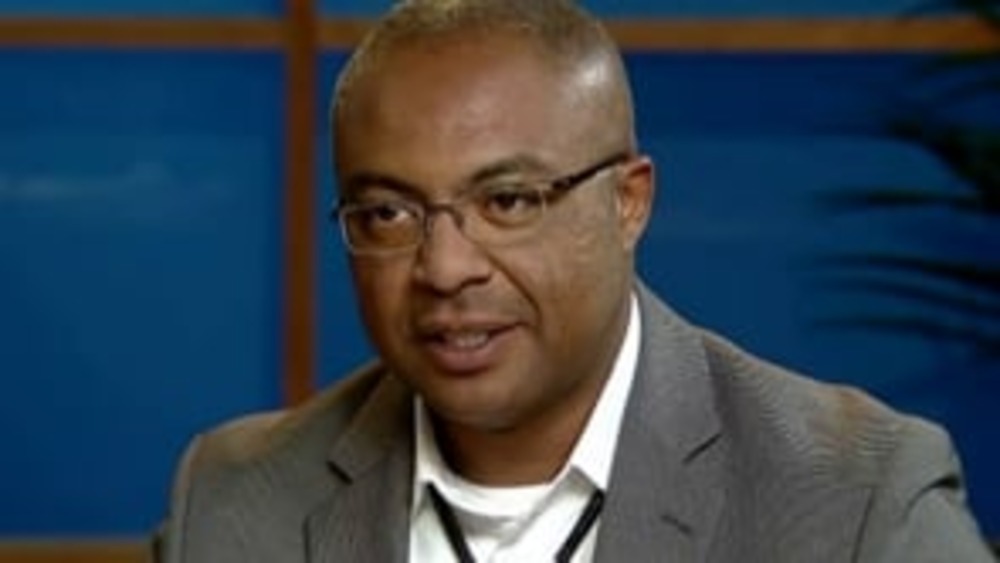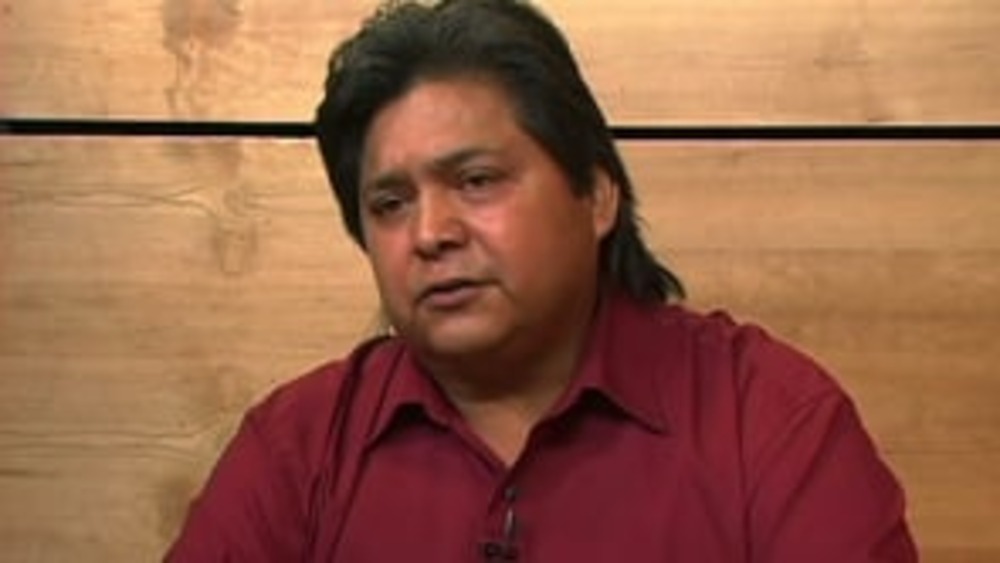Indigenous Governance Database
Sam Penney
Thumbnail

From the Rebuilding Native Nations Course Series: "What Effective Bureaucracies Need"
Native leaders offer their perspectives on the key characteristics that Native nation bureaucracies need to possess in order to be effective.
Thumbnail

From the Rebuilding Native Nations Course Series: "What Successful Intergovernmental Relationships Require"
Native leaders explain the importance of Native nations building their capacity to effectively engage in the development and maintenance of intergovernmental relationships with other sovereign governments, stressing that doing so is a critical component of the full exercise of tribal sovereignty.…
